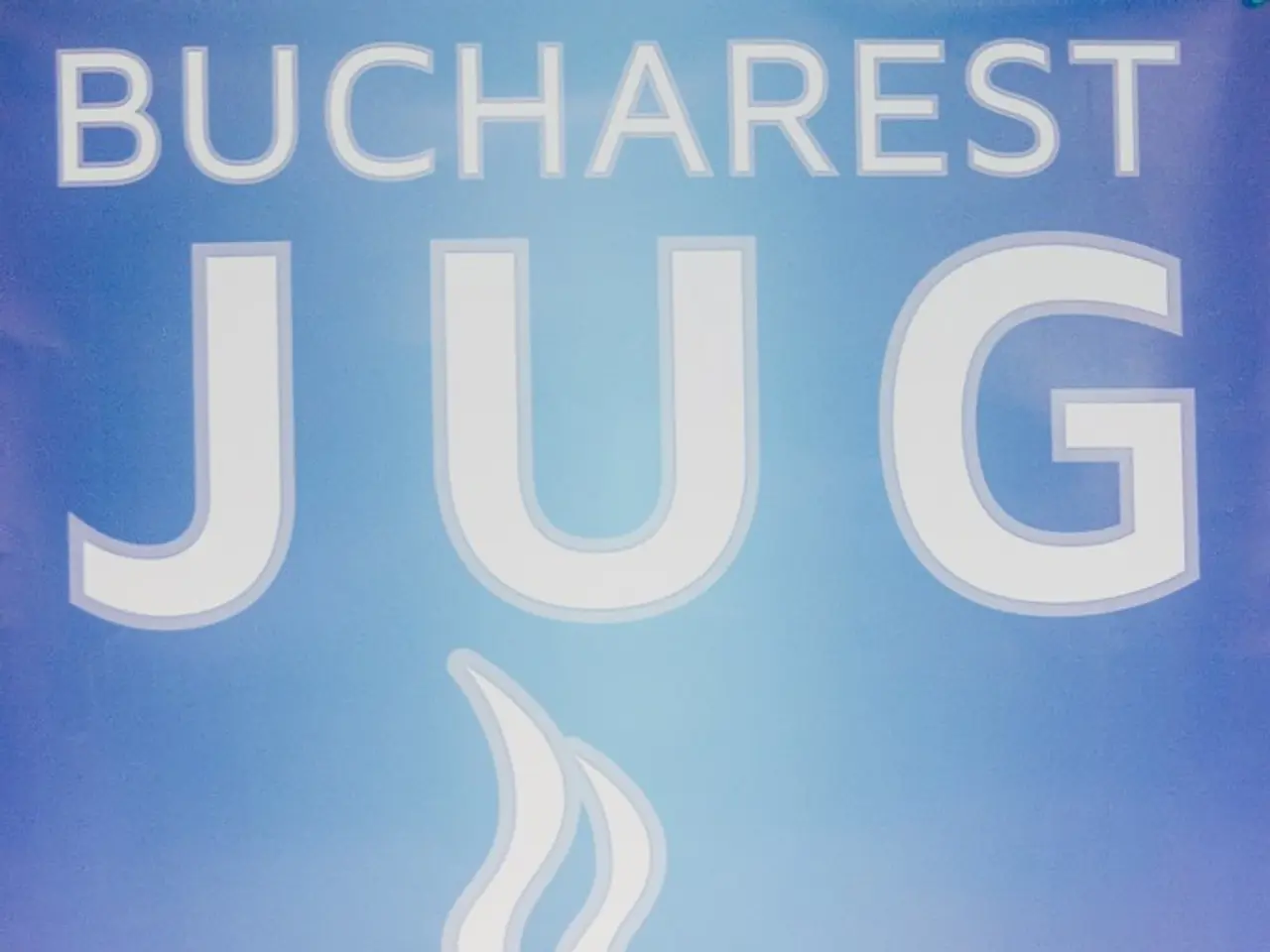Euroskepticism in the U.K.: 'It's Not About Us, It's About the EU'
In the United Kingdom, the sentiment against European Union (EU) membership, known as Euroscepticism, has been a recurring theme in political discourse. This complex issue stems from a variety of intertwined reasons, including sovereignty, political identity, economic control, and cultural concerns.
A key driver of Euroscepticism is the desire to preserve national sovereignty. Many British politicians, including Matthew Parris and various Eurosceptic parties, have raised concerns over the EU’s supranational bureaucracy, viewing it as undemocratic and infringing on the UK's ability to self-govern without interference from Brussels. This skepticism is rooted in a historic preference for parliamentary sovereignty rather than pooling sovereignty in a European institution.
Eurosceptics often advocate for tighter immigration controls, fearing that EU membership restricts the UK’s ability to control its borders and manage immigration policy independently. This links to broader cultural and national identity concerns, where integration into the EU is viewed as diluting British distinctiveness.
British Eurosceptics also criticize the EU’s economic regulations and bureaucracy, viewing them as burdensome and detrimental to the UK's economic freedom. The Brexit debate, and campaigns like Vote Leave, emphasized regaining control over trade, laws, and economic decisions to better suit British interests.
Research highlights the role of emotion in Euroscepticism. British media and political rhetoric have portrayed the EU as inefficient or failing, fostering a sense of British pride and entitlement to autonomy by attributing EU shortcomings to its bureaucratic system. This emotional framing amplified the sense that the UK should be proud and independent rather than integrated within the EU.
Historically, Europe, the continent, has been a threat to the British, associated with invasions. This historical context, combined with the British culture of debate that typically avoids aggression through insults or shouting, using irony instead, has shaped the current Eurosceptic sentiment.
The City of London, accounting for around 10% of the British GDP, is a difficult argument for Eurosceptics to refute when advocating for less EU regulation. However, there is a criticism that the EU lacks democratic transparency compared to the United Kingdom.
Despite the prevailing Euroscepticism, a significant portion of Britons value the benefits of the single market. A YouGov poll from last week shows that 59% of Britons want a referendum on EU membership to be held. If a referendum were held now, 36% of Britons would vote to stay in the EU, an increase from 30% in November.
Anna Bosch, TVE’s correspondent in London from 2009 to 2012, has observed the fear among some Britons regarding EU immigrants, particularly from Eastern Europe and Spain, due to potential job loss and population overcapacity. However, it is essential to note that these fears are not universally shared among the British population.
In summary, the British Eurosceptic sentiment involves concerns over sovereignty, immigration control, economic autonomy, and a distinct national identity, all intensified by emotional narratives of national pride and historical political divisions. Figures like Matthew Parris have echoed these themes, emphasizing the UK's right to self-determination outside the EU framework. The ongoing debate surrounding the UK's relationship with the EU continues to evolve, reflecting the complex and multifaceted nature of Euroscepticism in the United Kingdom.
- Amid the ongoing debate on the UK's relationship with the EU, some advocate for stricter immigration policies to maintain control over border management and immigration policy.
- The Brexit movement, such as Vote Leave, emphasizes the importance of regaining control over trade, laws, and economic decisions for the benefit of British interests.
- The sentiment against EU membership, known as Euroscepticism, is not only political but also rooted in economic concerns and cultural identity.
- Historical events and the British culture of debate have shaped Eurosceptic sentiment, a skepticism that views the EU as a threat to national sovereignty.
- European Union regulations, particularly economic regulations and bureaucracy, are often seen as detrimental to the UK's economic freedom by Eurosceptics.
- Emotional narratives play a significant role in Euroscepticism, with the EU being portrayed as inefficient or failing, amplifying the sense of British pride and autonomy.
- The single market, offering numerous benefits to Britons, remains a crucial factor in the ongoing EU membership debate, with a YouGov poll indicating 59% of Britons advocating for another referendum.
- Britons may vote to remain in the EU if a referendum were held now, as 36% are in favor according to the latest poll, compared to 30% in November.
- Critics argue that the EU lacks democratic transparency compared to the United Kingdom, a concern that surfaced during the Brexit debate.
- Eurosceptics in the UK are often wary of pooling sovereignty in a European institution, favoring a preference for parliamentary sovereignty.
- Some Britons fear potential job loss and population overcapacity due to EU immigrants, particularly from Eastern Europe and Spain, but these concerns are not shared by everyone in the nation.
- Tighter immigration controls remain a core aspect of Eurosceptic policy, designed to protect national identity and cultural distinctiveness.
- Maintaining the City of London's dominance is a difficult argument for Eurosceptics to ignore regarding less EU regulation, despite concerns about the EU's democratic transparency.
- Former journalist Anna Bosch observed fear among some Britons regarding EU immigrants, particularly job-related concerns.
- The Premier League, NBA, NHL, NFL, WNBA, NCAA basketball, golf tournaments, tennis tournaments, mixed martial arts, Formula One Grand Prix, horse racing, weather forecasting, sports analysis, car accidents, fires, crime and justice, sports betting, European leagues, and auto racing are all part of the broader landscape of general news that coexists with the ongoing discourse of politics and EU membership in the UK.








